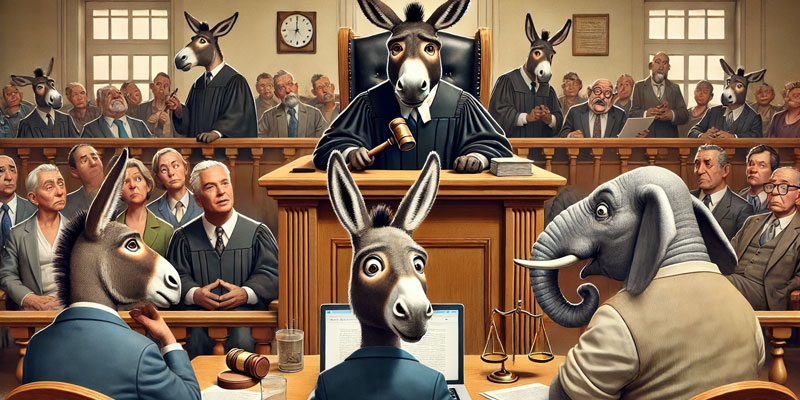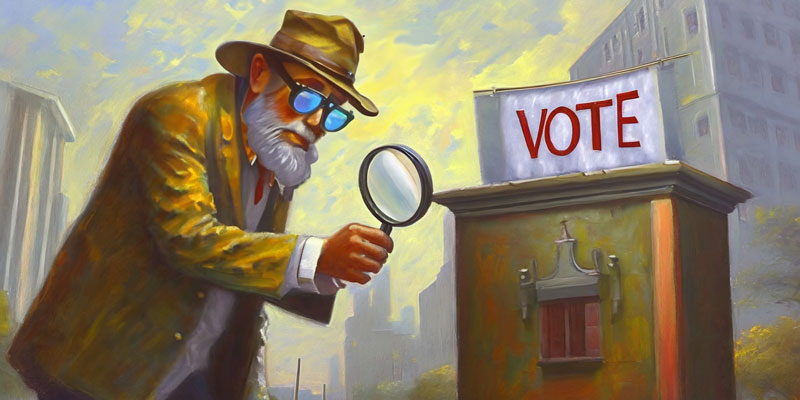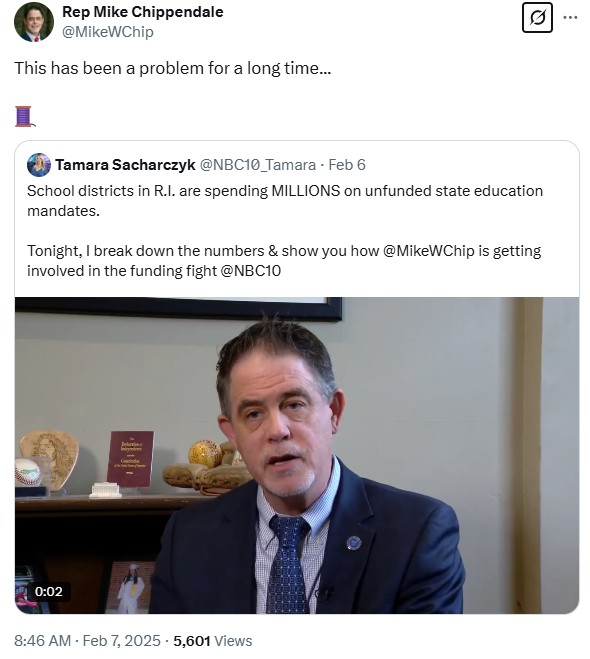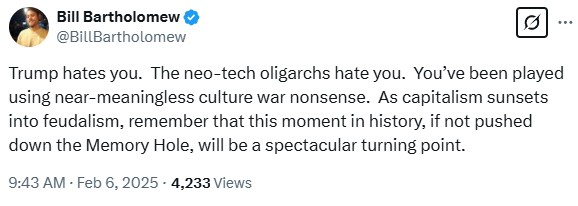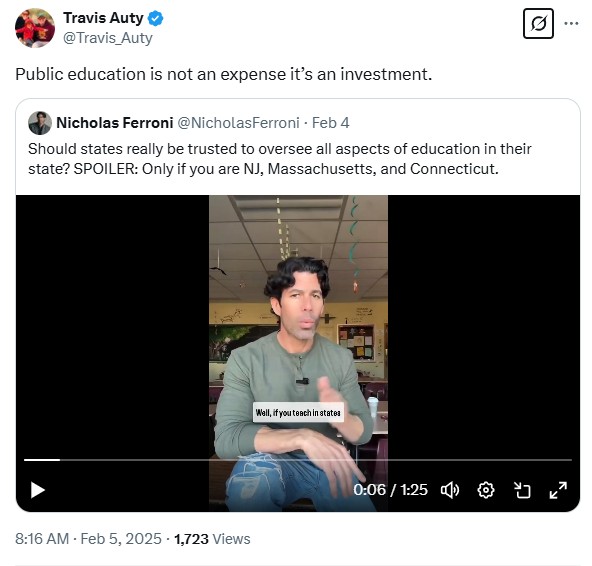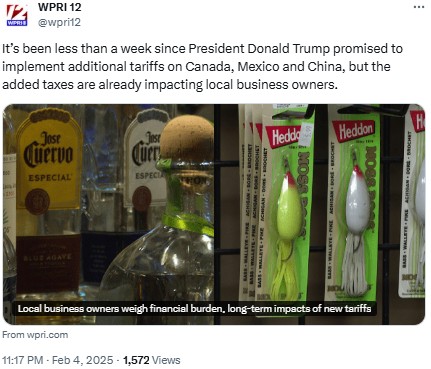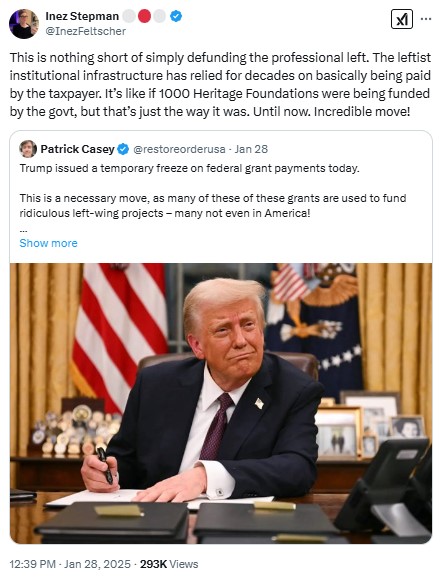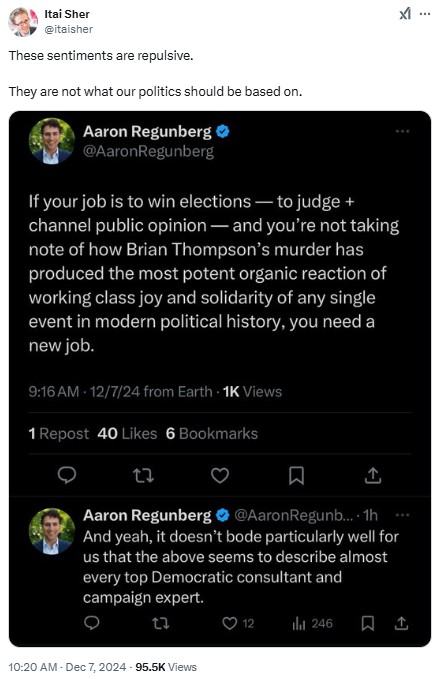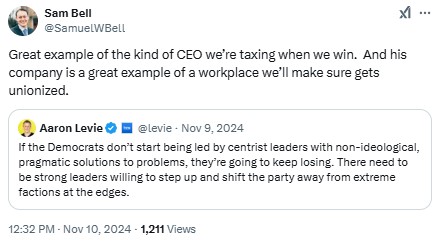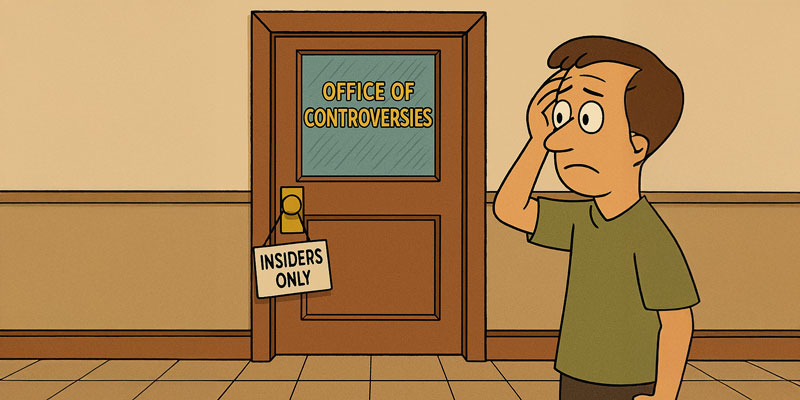
Politics This Week: With None to Slay the Lazy Dragon
John DePetro and Justin Katz discuss the unjustified apathy in the Ocean State.
Politics This Week: Messaging in a Trustless World
John DePetro and Justin Katz review the latest in Rhode Island politics.
Politics This Week: What They Find Interesting (And Not)
John DePetro and Justin Katz discuss the stories we don’t hear and should.
Politics This Week: The Wall of Insider Silence
John DePetro and Justin Katz highlight topics RI’s insiders try to keep behind the scenes.
Politics This Week: Messaging in a Trustless World
John DePetro and Justin Katz review the latest in Rhode Island politics.
Politics This Week: What They Find Interesting (And Not)
John DePetro and Justin Katz discuss the stories we don’t hear and should.
Politics This Week: The Wall of Insider Silence
John DePetro and Justin Katz highlight topics RI’s insiders try to keep behind the scenes.
Politics This Week: The Madness We’re Not Allowed to Handle
John DePetro and Justin Katz discuss the many charades insiders want RI to perpetuate
Politics This Week: The Business of Corruption
John DePetro and Justin Katz trace the evidence that corruption has become the business of government.

It’s from October, but this argument from Vice President Vance against the view that nobody will build houses except illegals is worth revisiting:
“This is one of the really deranged things that I think illegal immigration does to our society is it gets us in a mind-set of saying we can only build houses with illegal immigrants, when we have seven million — just men, not even women, just men — who have completely dropped out of the labor force. People say, well, Americans won’t do those jobs. Americans won’t do those jobs for below-the-table wages. They won’t do those jobs for non-living wages. But people will do those jobs, they will just do those jobs at certain wages,” Vance said.
A necessary addition — perhaps a deeper cause — is cultural. We need to stop giving American workers the impression that it’s good enough to be made a client for government services or to work some menial minimum-wage job that was never meant to support a family. Instead, we need to reinvigorate the sense of the value of producing things and working hard. Of course I needed to support my family, but the greatest compensation from my years in construction was the feeling of having worked hard and created something that hadn’t been there when I started.
Beneath it all is a character issue. Government policy has oversimplified our thinking about employment to treat it is as merely a financial exchange, and always sufficient to support a whole family.
To the contrary, employment policy should mostly stay out of the way, but to the extent it has an effect, it should foster the human drive that moves from miniscule pay for menial tasks through rewarding exertion to success through skill and wisdom.
Mark Steyn’s daily pre-election column is vintage Steyn today.
But in Botswana everyone voted on Wednesday, the last up-country results came in on Thursday, the ruling party conceded and the new guy was sworn in on Friday.
That’s a normal election in a normal country.
Meanwhile, back in the greatest country in the history of countries, in twenty-four hours we shall be embarking on the usual folderol offour-hour lines to vote, malfunctioning machines, burst water pipes, court injunctions to keep polls open or close them down (according to taste), pausing the count before it’s completed, and the GDP-boosting quadrennial spike in plywood sales as storekeepers in DC and elsewhere board up their windows.
And that’s if it’s a “normal” election by American standards.
Read the whole thing, wherein Steyn weaves together multiple stories drawn from our rapid-fire headlines. The picture he paints is of the mess we’ve allowed our country to become since we elected a community organizer to the Presidency, and no matter who wins on Tuesday (or whenever), we have to take our country back. As he states in the key point of the essay: “it’s hard to calibrate the precise point at which the soft totalitarianism turns, instantly, into hard, psychotic, murderous totalitarianism … you never know it’s time to break for the border until it’s too late.”
I’ve fallen way behind, so this tweet from Ken Block is a couple months old, but its content is (unfortunately) timeless in Rhode Island:
The picture being painted for me by over ten current and former DOT employees is a toxically managed organization where who you know is far more important than how you do your job and where technical expertise has been systematically eliminated in favor of managers with no industry experience.
Our state government is a scam taking tax dollars for favored members of the Party. Unfortunately, journalists have been indoctrinated in the Democrats-as-heroes storyline for generations, so they are fundamentally incapable of reporting on the story in a way that communicates what’s really going on.
I realized this when watching Democrats’ repeated proclamations about jobs numbers during the Obama years only to see those numbers quietly revised the following month, almost always with the revision making touted jobs disappear, rather than quiet corrections representing improvements. Now, it seems crime data has the same partisan infection. All year, we’ve been hearing that violent crime is down under President Joe Biden, but a few weeks ago, the FBI quietly revised its numbers to show a 4.5% increase in 2022, rather than a decrease. Naturally, that makes the 2023 decrease seem even larger, but here’s the key point:
“I have checked the data on total violent crime from 2004 to 2022,” Carl Moody, a professor at the College of William & Mary who specializes in studying crime, told RealClearInvestigations. “There were no revisions from 2004 to 2015, and from 2016 to 2020, there were small changes of less than one percentage point. The huge changes in 2021 and 2022, especially without an explanation, make it difficult to trust the FBI data.”
These numbers are non-transparent estimates, and no explanation for revision is being offered. The most rational conclusion is that bureaucrats are doing their part to “save our democracy” by keeping Democrats in power.
The news cycle flows by so quickly, lately, that political actors and activists are learning it’s sometimes best to just keep your head down and let the controversy of the day join the rest of the noise tomorrow. Nonetheless, I think there’s something worth noting in the now-passed story about Russia funding some conservative commentators.
First, my caveat is that I no longer trust America’s intelligence services or news media. Even where stories aren’t entirely fabricated, there are simply so many ways to construct a narrative. The agent or journalist can exaggerate claims or leak one-sided information that distorts the context of what’s happening. Imagine, and I’m not saying this is happening, that every commentator across the political spectrum receives some portion of his or her revenue from hostile foreign governments — that it’s simply part of the ecosystem. Releasing that information only as it relates to one group of commentators would make it seem as if they are uniquely bad.
Caveat aside, I can sympathize with some of the commentators’ defenses. I’ve always said what I have to say, and if somebody’s wants to give me money to say it, that’s great. That person didn’t change my view or buy my opinion.
What he or she would be doing, though, is making it possible for me to continue saying what I have to say… and to say more of it. By selectively funding points of view, financiers can adjust the broad field of commentary. It’s not the writer’s fault for wanting to be heard, and frankly, it’s not even the financiers’ fault for wanting to advance their visions. We all have to have our own moral compasses and approach information intelligently and with caution.
To be sure, this is a social challenge, but it doesn’t lend itself to easy solutions. Attempting to force transparency or, worse, ban pernicious funding or statements only amplifies the caveat expressed above.


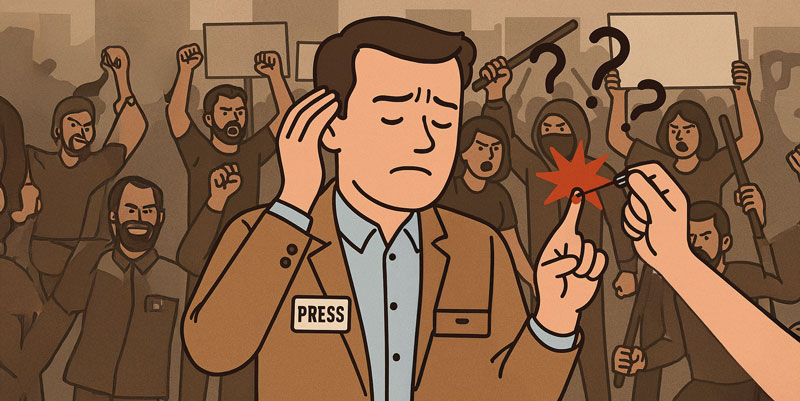


 This…
This…